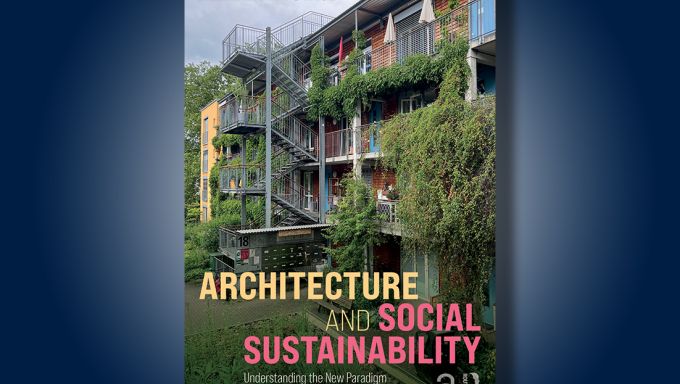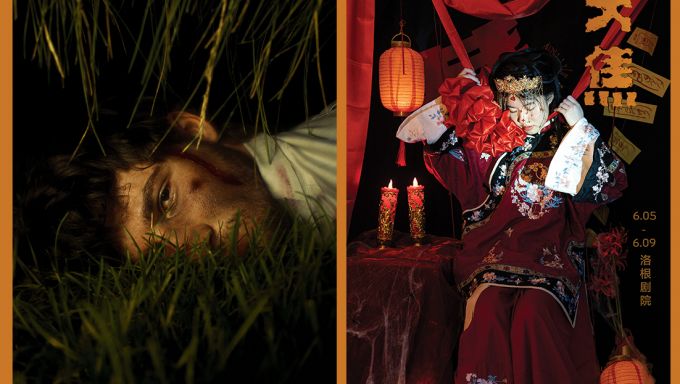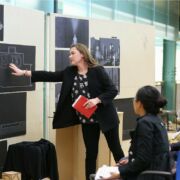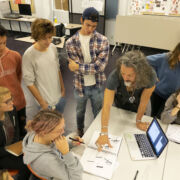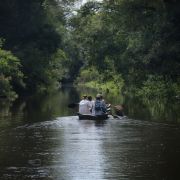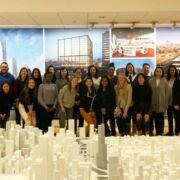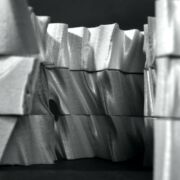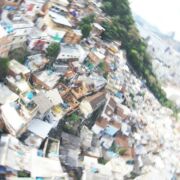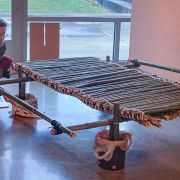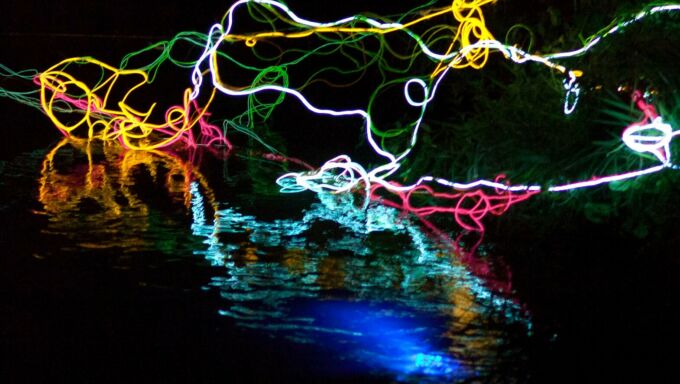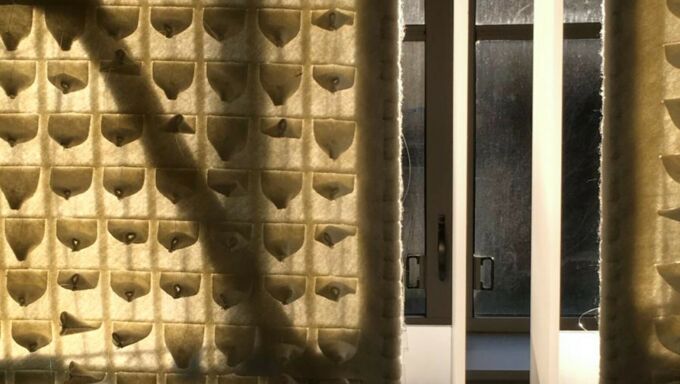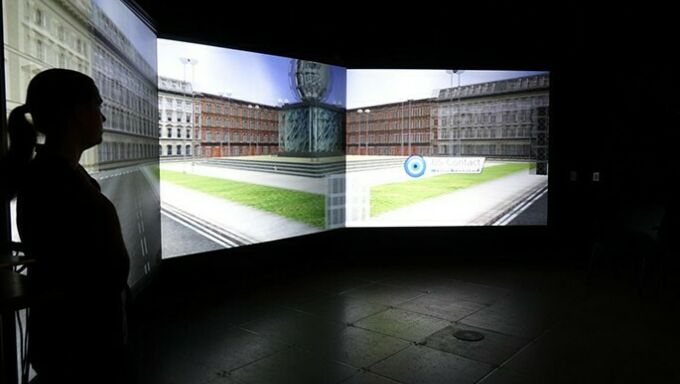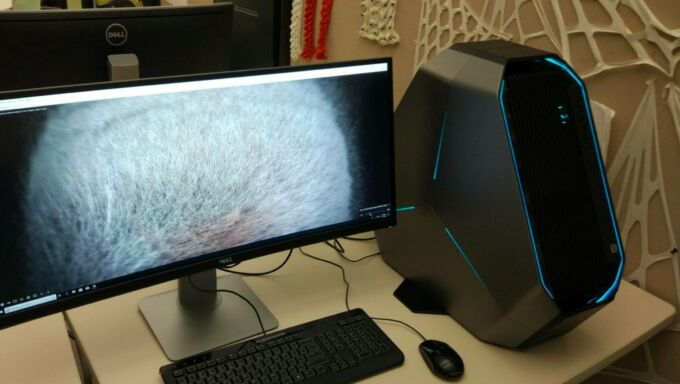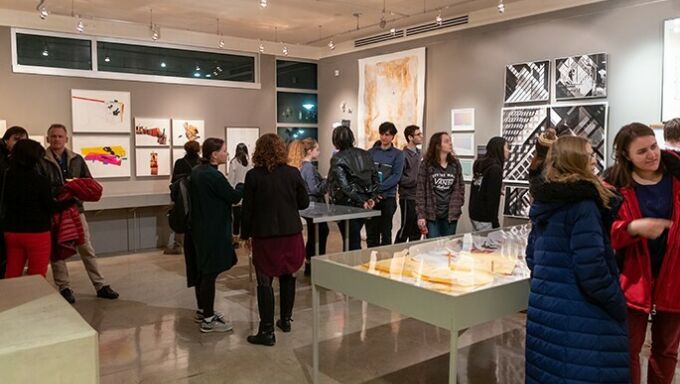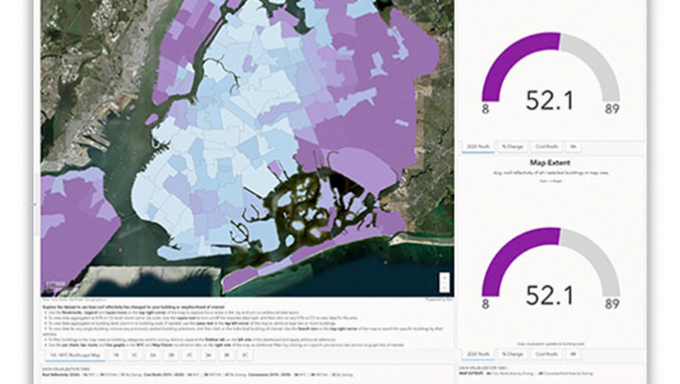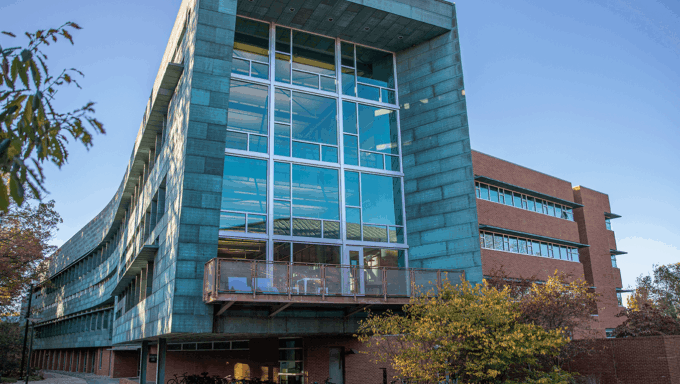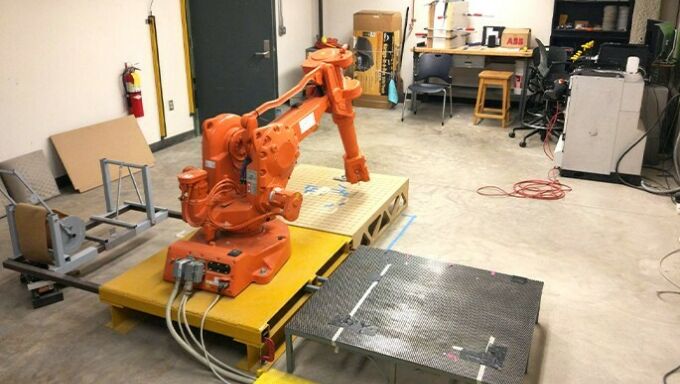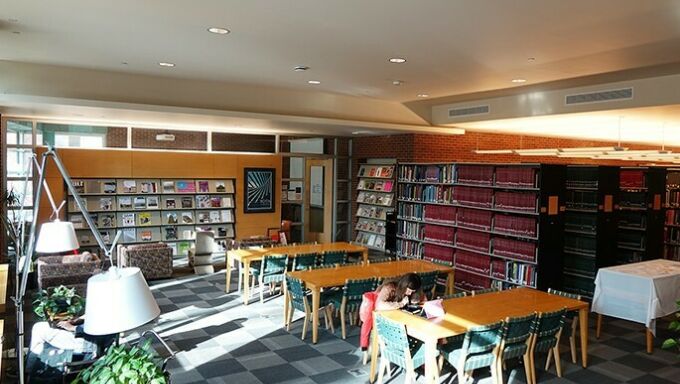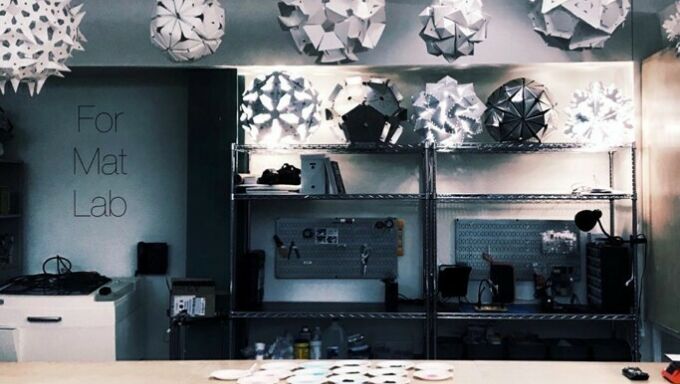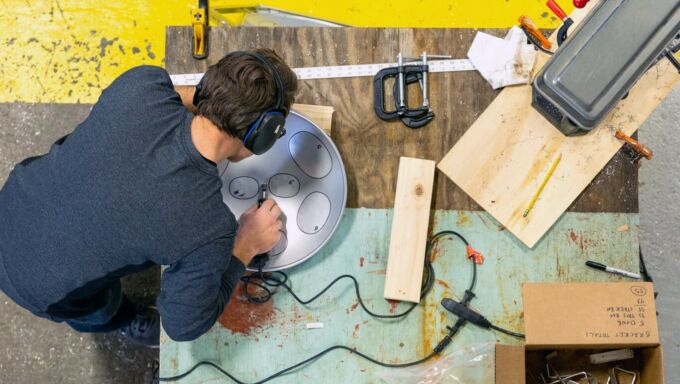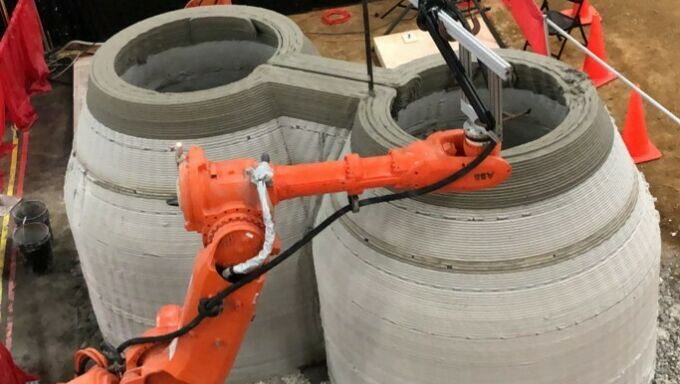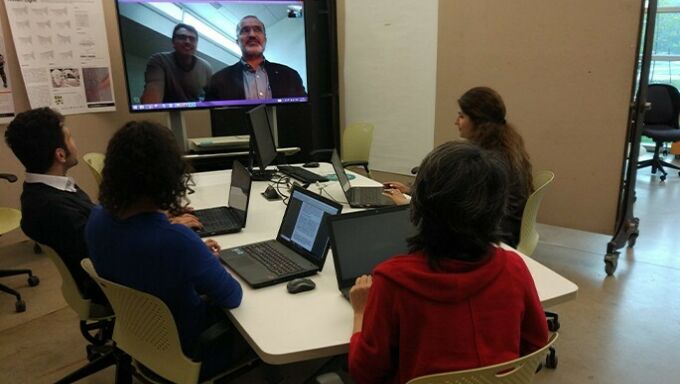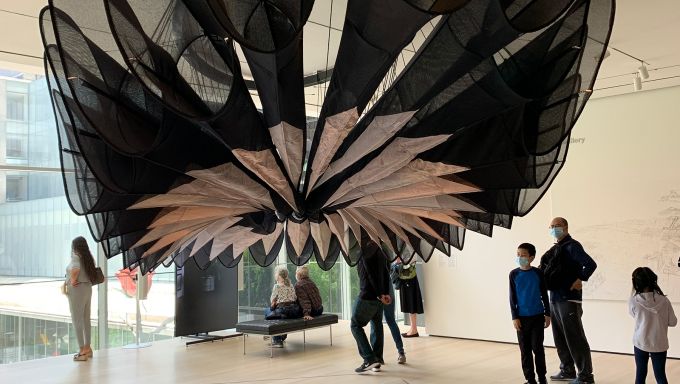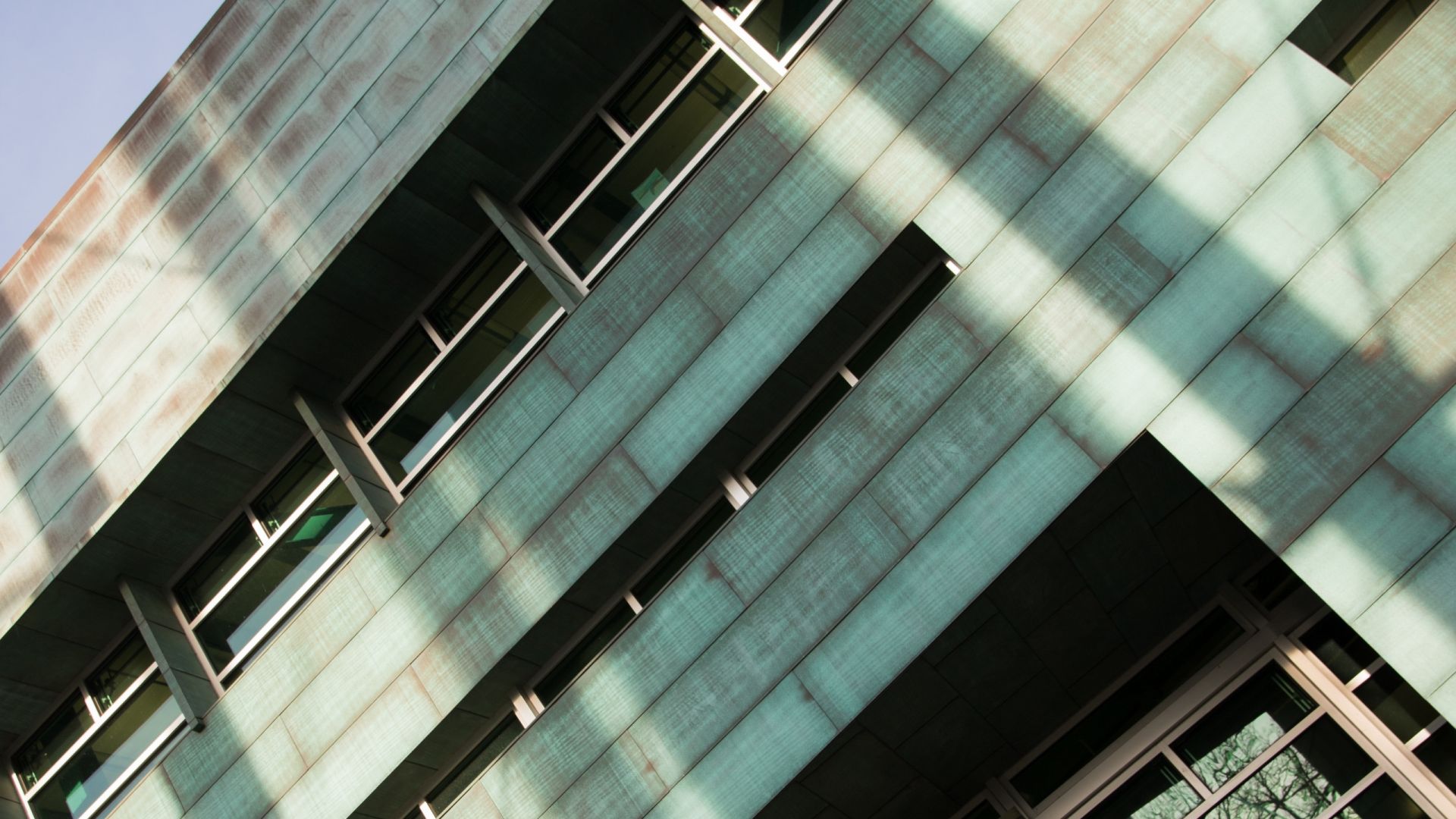
Stuckeman School
Stuckeman School
Architecture | Graphic Design | Landscape Architecture
Shape the world!
Initially established as the School of Architecture and Landscape Architecture thanks to a generous gift from 1937 architecture alumnus H. Campbell “Cal” Stuckeman and his wife, Eleanor, the Stuckeman School now houses the Departments of Architecture, Graphic Design, and Landscape Architecture, as well as three research centers. The school prepares the designers of tomorrow to shape the world in which we live through thoughtful, collaborative, and forward-thinking design solutions that impact virtually every aspect of our lives.
Each of the undergraduate and graduate programs programs – including professional and research-focused courses of study – is taught by leaders and designed to produce leaders, and consistently high national rankings and job placement rates attest to the success of our programs and graduates. The Stuckeman School is not just a design school – it’s an incubator of ideas, a place to problem-solve, and the next step in your design education.
Creativity, excellence, and inclusion in the Stuckeman School
In the Stuckeman School, we know that creativity and innovation are multiplied exponentially through a diversity of perspectives. Our school is a learning and research community devoted to design solutions for the physical, environmental, and cultural challenges of contemporary society. We value learning and working experiences that are inclusive and equitable in serving all people, regardless of gender, race, ability, sexuality, national origin, citizenship status, religion, or socioeconomic standing. In the Stuckeman School, we strive to build a culture of excellence and inclusion where our students and faculty feel a deep sense of pride, passion, and belonging.
Contact
Stuckeman School
121 Stuckeman Family Building
University Park, PA 16802
814-863-8137 (fax)
Chingwen Cheng
Stuckeman School Director
Chrissy Leidy
Assistant to the Stuckeman School Director
Connect
Departments
School Resources
Computing Cluster and Lab Remote Access Guides


Research Symposium
02–03 March 2025
Departments
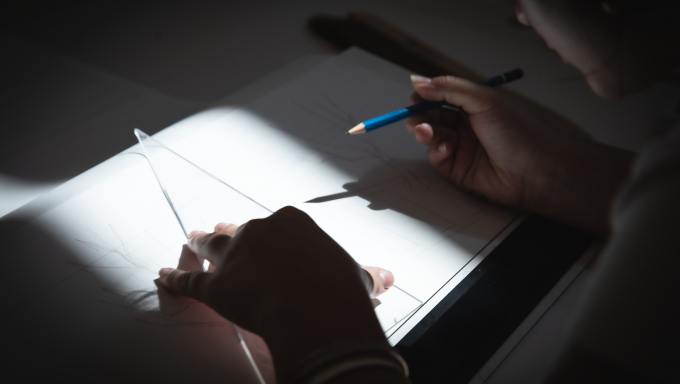
Department of Architecture
The Department of Architecture’s century-strong traditions of drawing, model-making, community outreach/service learning, and hands-on construction prepare students to explore innovative models of architectural practice as well as non-traditional approaches, including design-build and digital fabrication.

Department of Graphic Design
Penn State Graphic Design prepares students to become designers of tomorrow who build engaging experiences and sustainable relationships among people and communities.
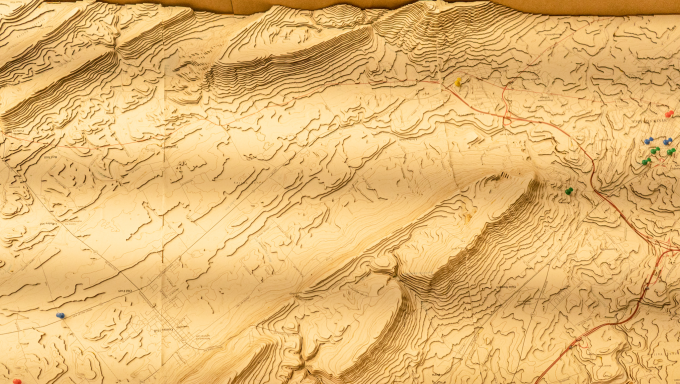
Department of Landscape Architecture
The Department of Landscape Architecture within the Stuckeman School operates with a bold mission: Inspired work grounded in commitment to environmental and social good.
Stuckeman School Newsletter Archive
“Traditional building materials and construction practices are unsustainable. There has been interest in the design and architecture community to use mycelium-based composites because of their sustainable futures — they can be grown on agricultural, organic agricultural, waste and at the end of their life cycle, they are completely biodegradable.”
Benay Gürsoy Toykoç Assistant Professor of Architecture
Alumni Spotlight
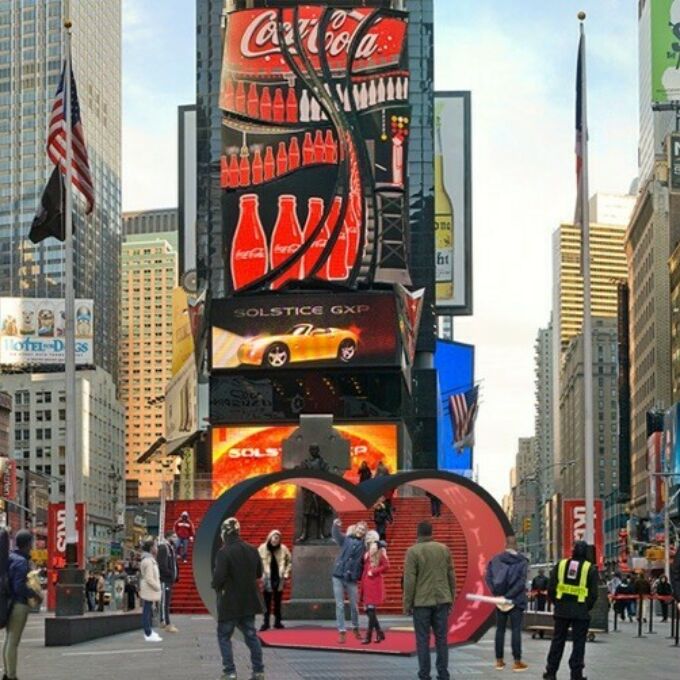
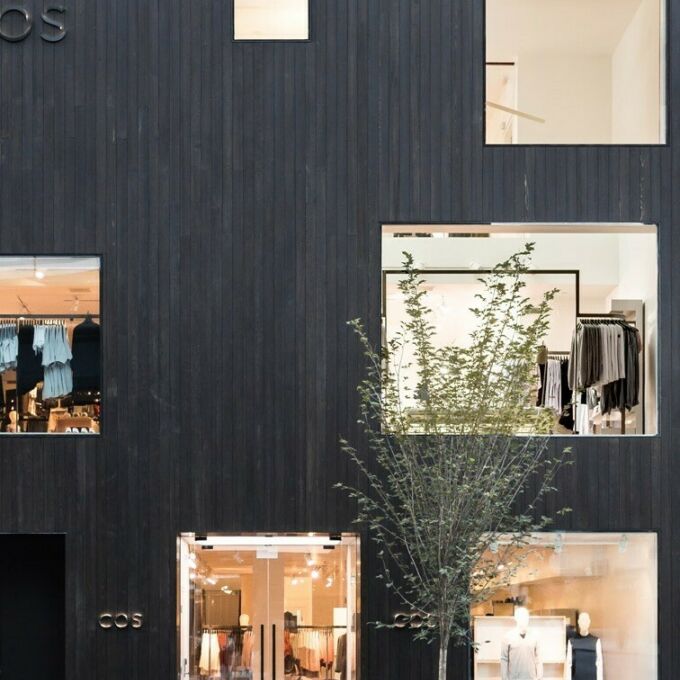
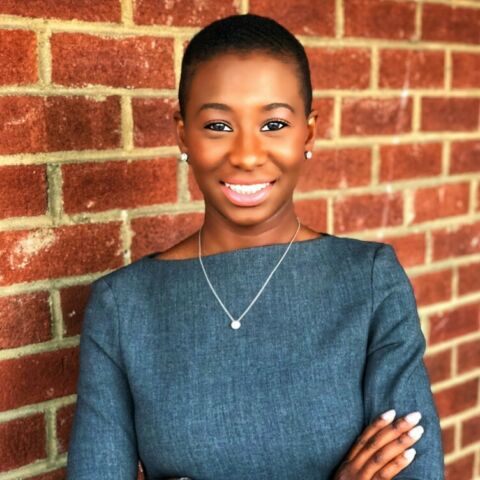
alumni spotlight
Samantha Josaphat
“My Penn State education has influenced my career by developing me into a global citizen, through exposure to different people, resources, industries, cultures, and places.”
Samantha Josaphat is an architect and the founder of STUDIO 397 Architecture. Part of the mere 0.3 percent of black female architects registered in the United States, she is the 397th living black female architect to be licensed. Samantha entered the Penn State Architecture program in 2007, and by 2012, she had traveled to ten countries, become a member of the Arts and Architecture Student Council, and founded the Penn State student chapter of the National Organization of Minority Architecture Students (NOMAS). While at Penn State she built herself a valuable network of resources that continues to shape her path to success. Samantha is the 2019 president of the New York chapter of the National Organization of Minority Architects. Learn more about how Samantha's firm is impacting the narrative of black female architects in this video.
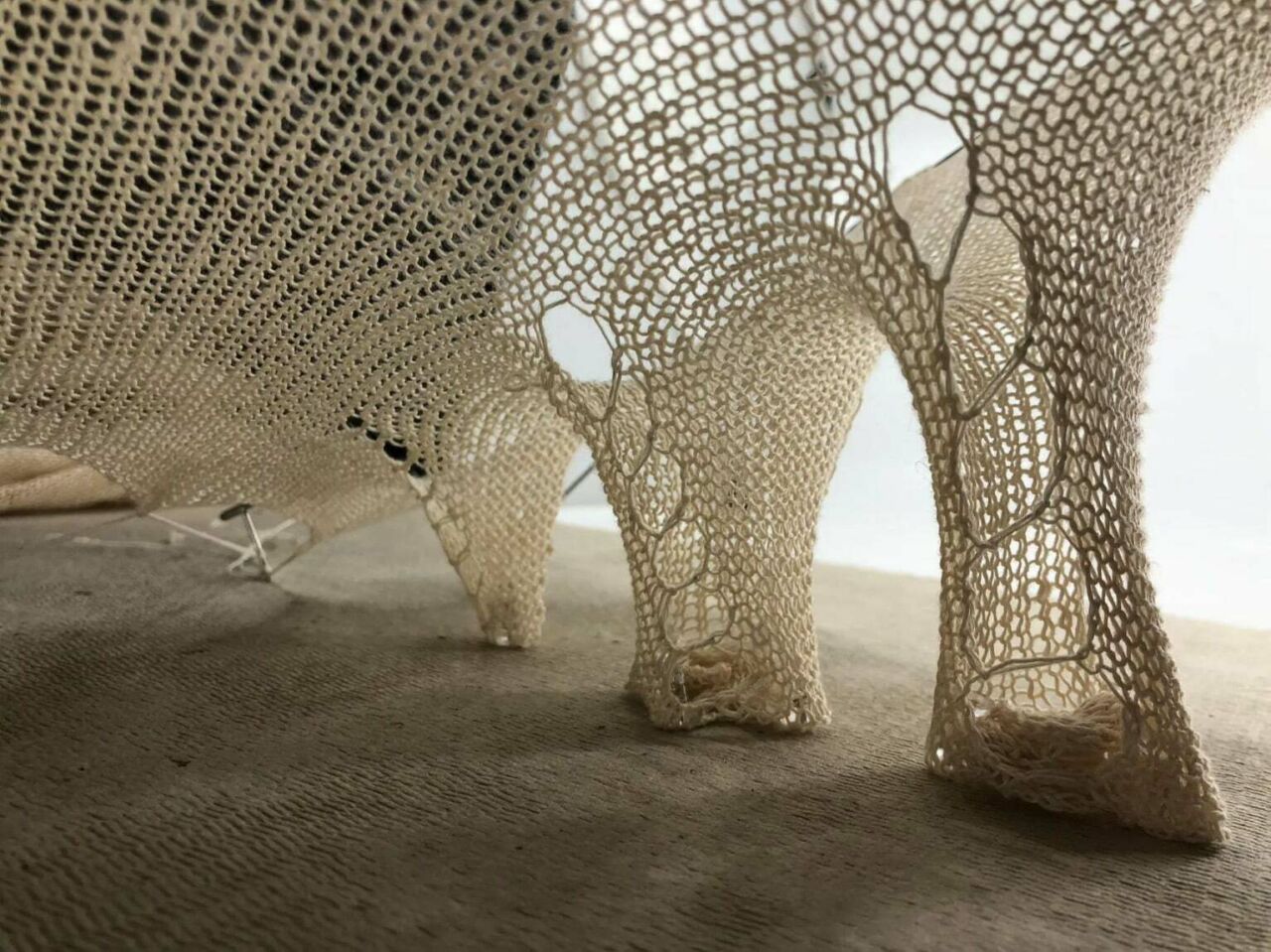
Join the Stuckeman Industry Partner Program
The collaboration between higher education and industry, practitioners, and foundations is a leading force in developing innovations that can be quickly assimilated into practices that result in real impact.
Industry Partners help advance the Stuckeman School’s mission of preparing the designers of tomorrow to shape the world in which we live.
Stuckeman Advisory Board
The Stuckeman Advisory Board is an aspirational group that assists the school in understanding what is important and/or emerging in our design professions, thereby helping to guide our future.
Faculty Spotlight
See all our Faculty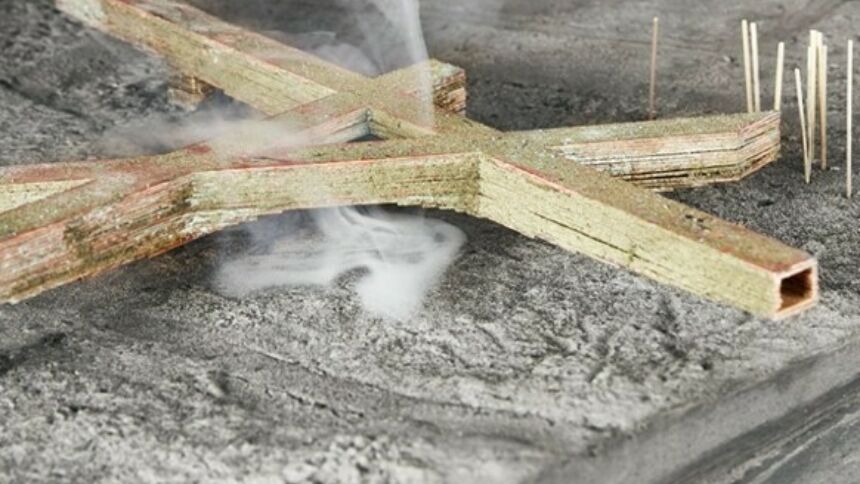
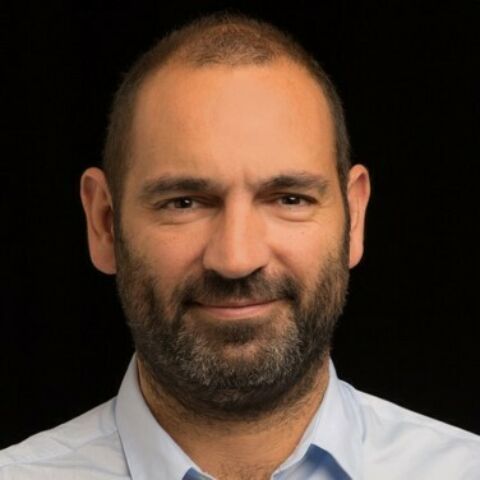
faculty spotlight
Pep Avilés
Pep Avilés is a historian, architect, and professor specializing in postwar and contemporary architecture. His academic research explores the impact media had on the materiality of architecture and the redefinition of modernism after World War II.
Avilés’ work has been sponsored by the Canadian Center for Architecture, the Graham Foundation for Advanced Studies in the Fine Arts, and the Getty Research Center, and has been exhibited at the Centre de Cultura Contemporànea de Barcelona (2017) and the Oslo Architecture Triennale (2019), among others. He is the founding editor of the journal Faktur: Documents and Architecture.
